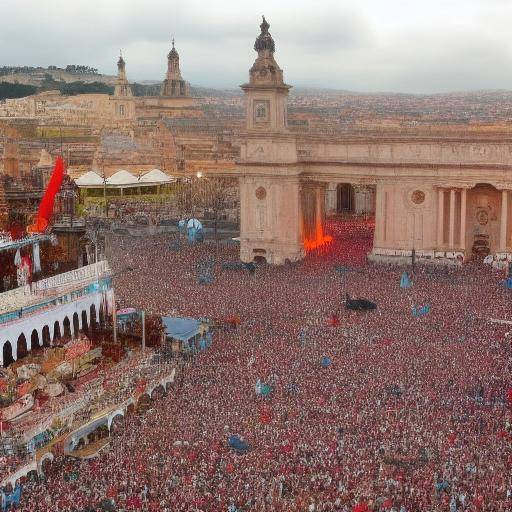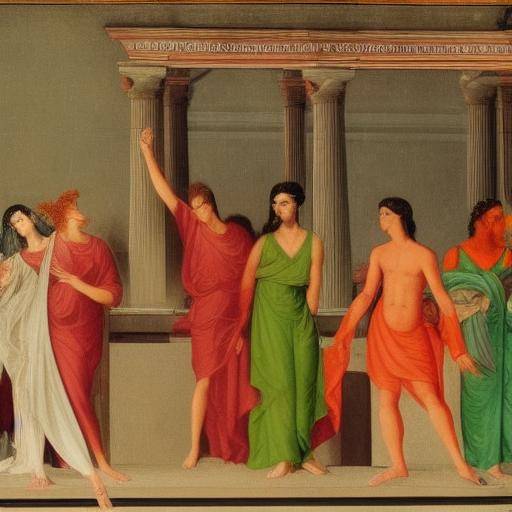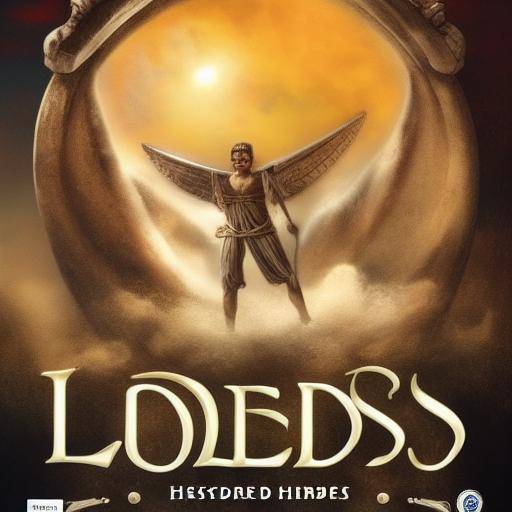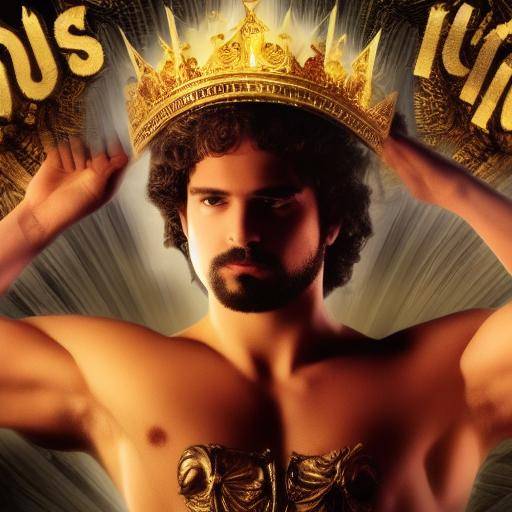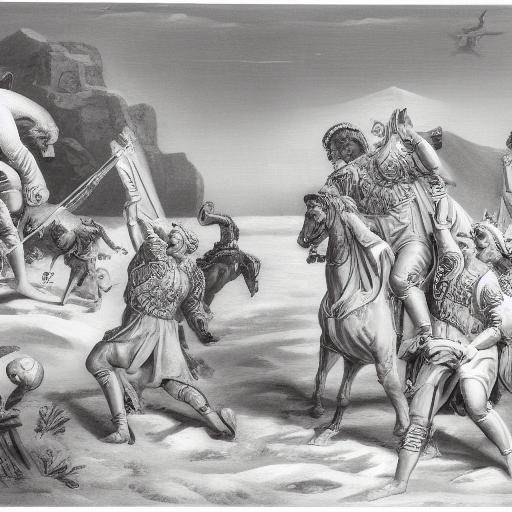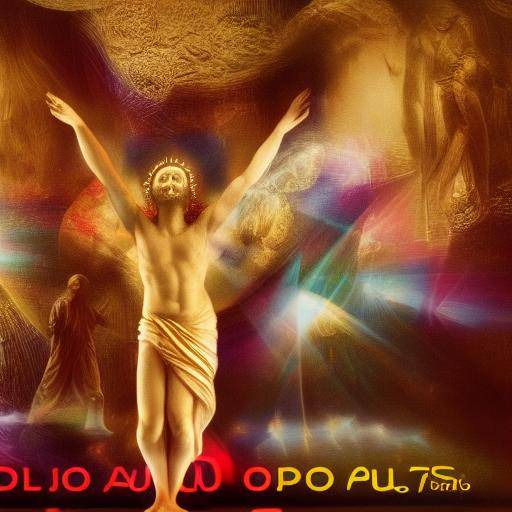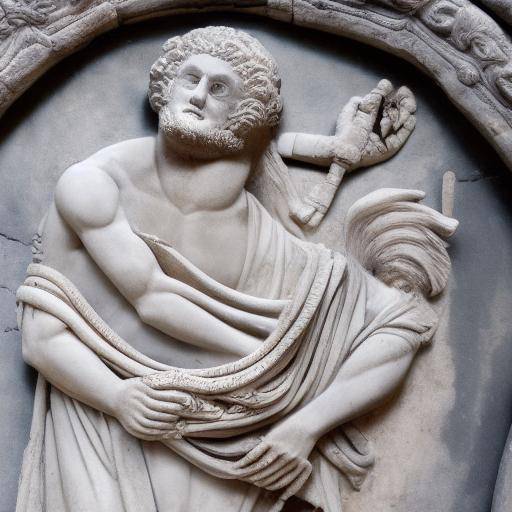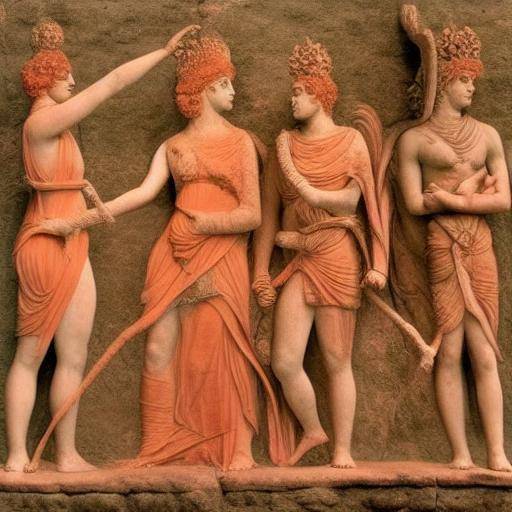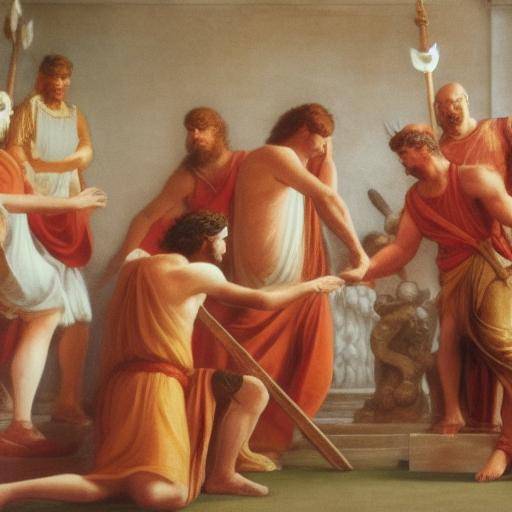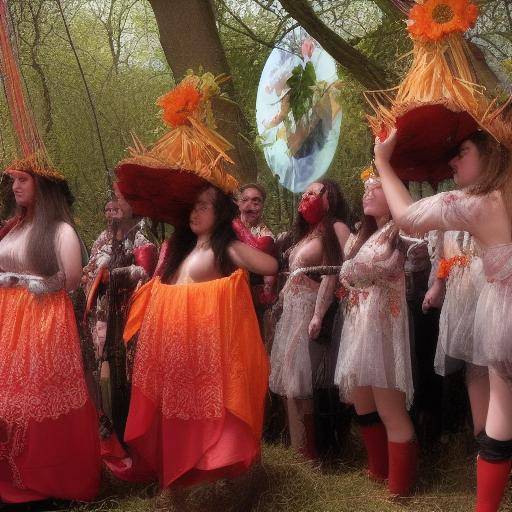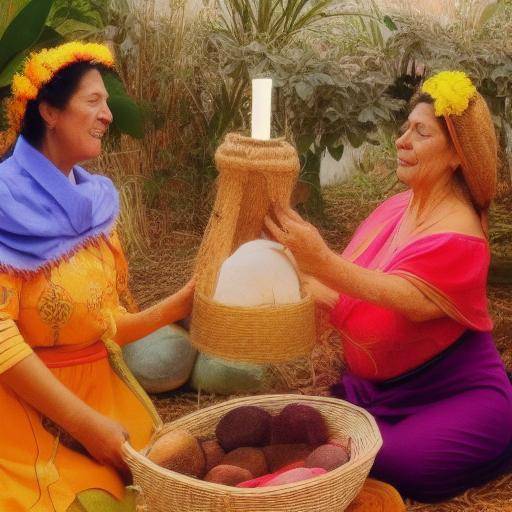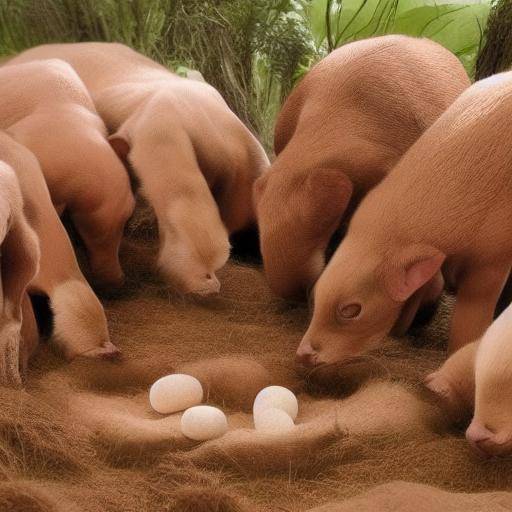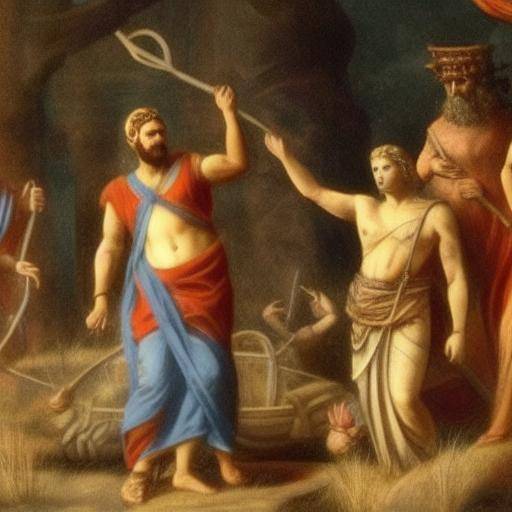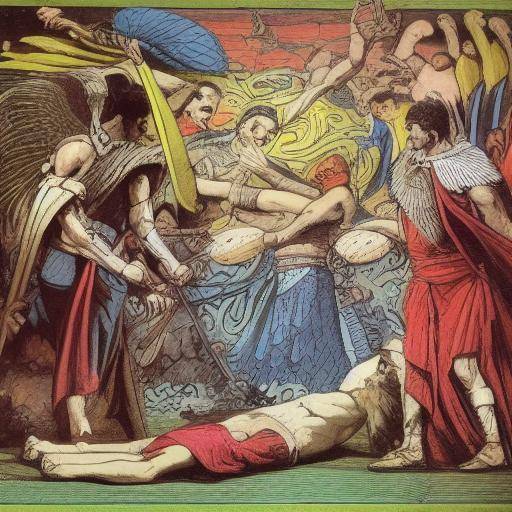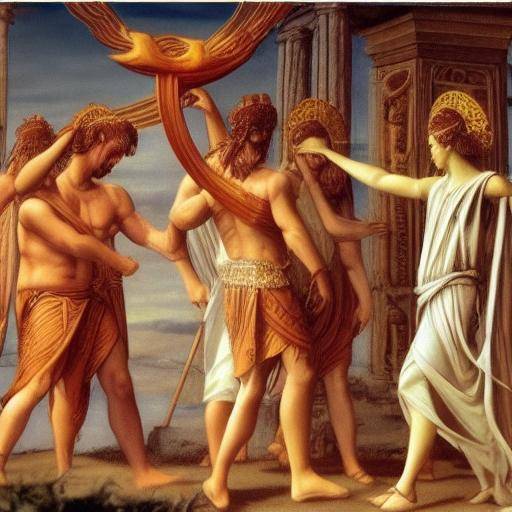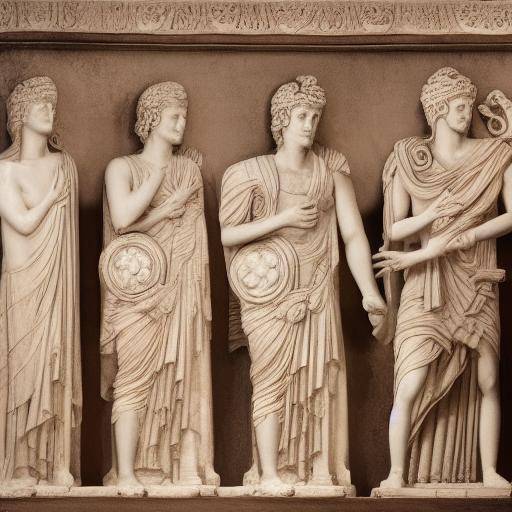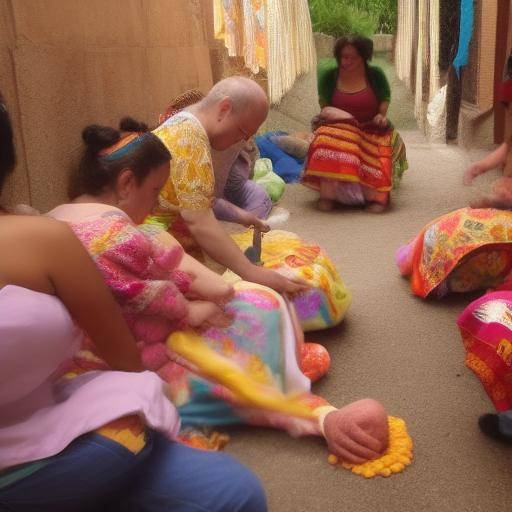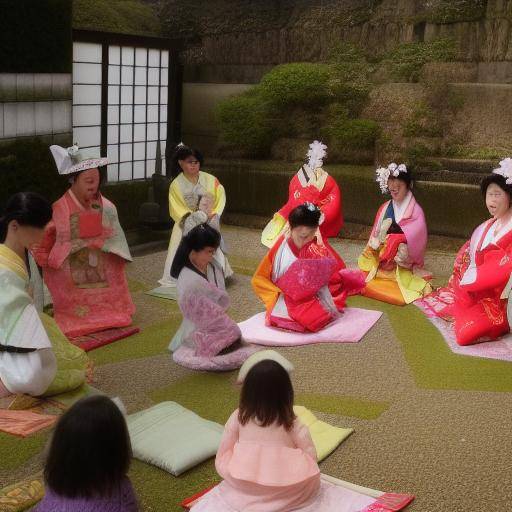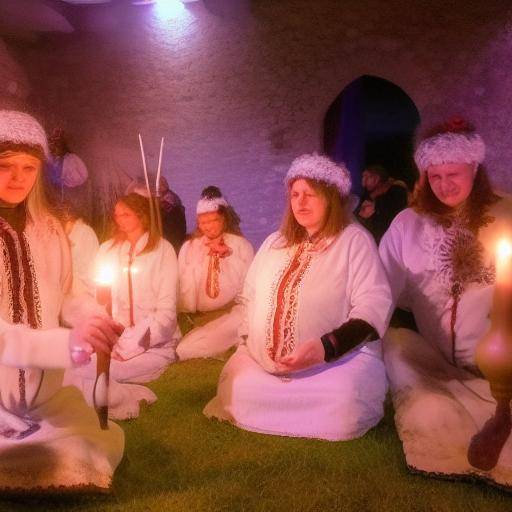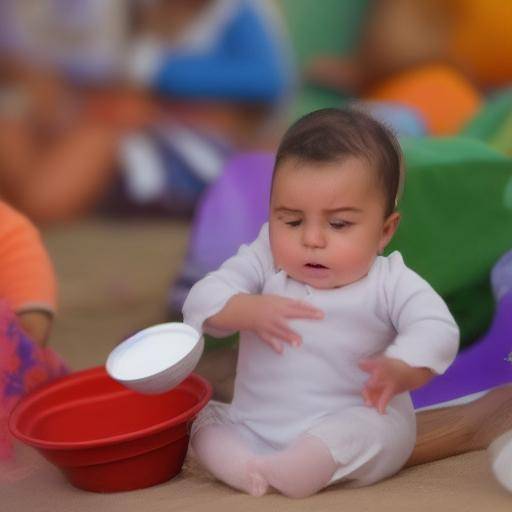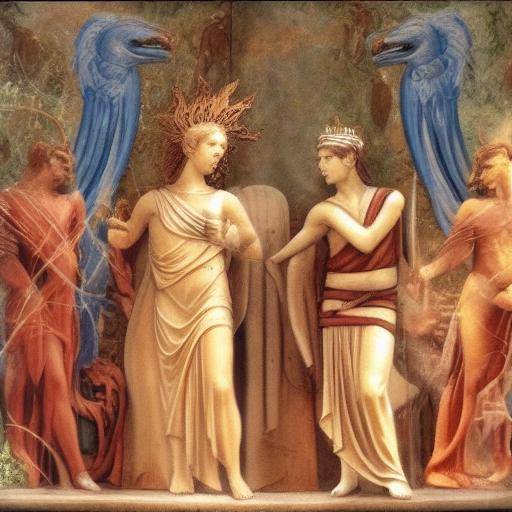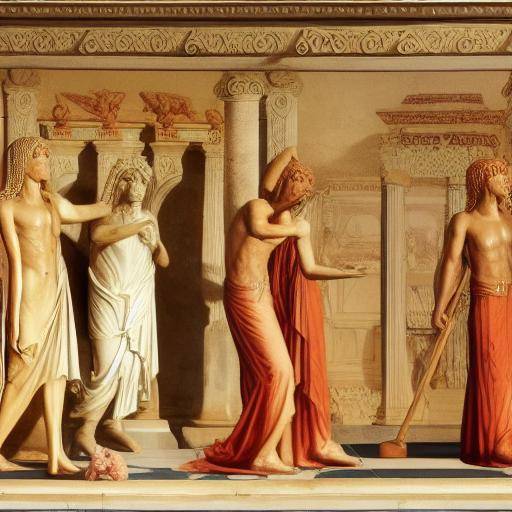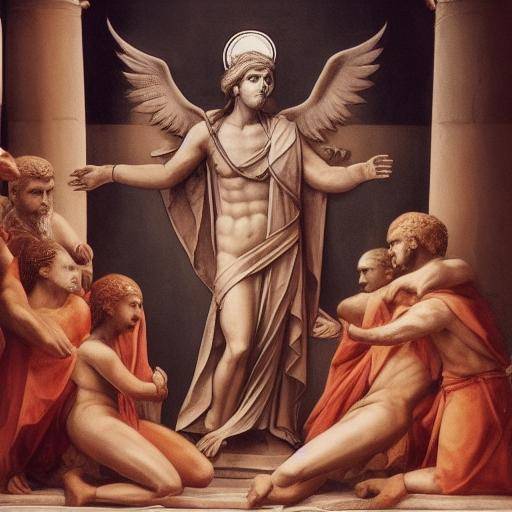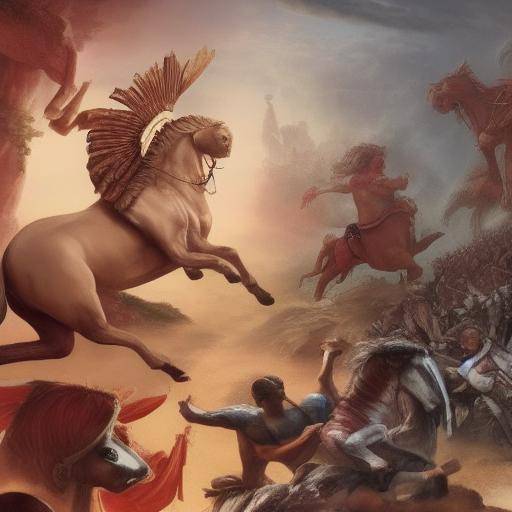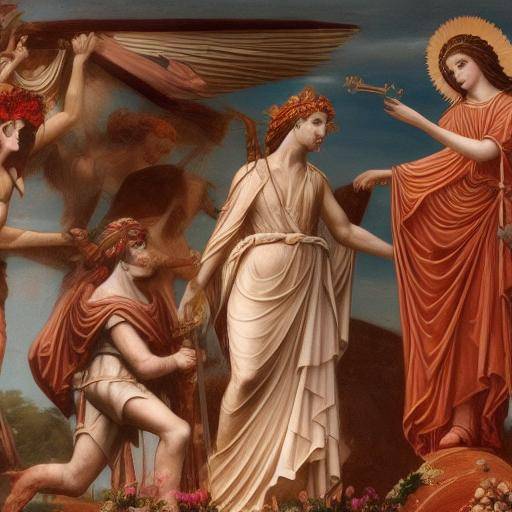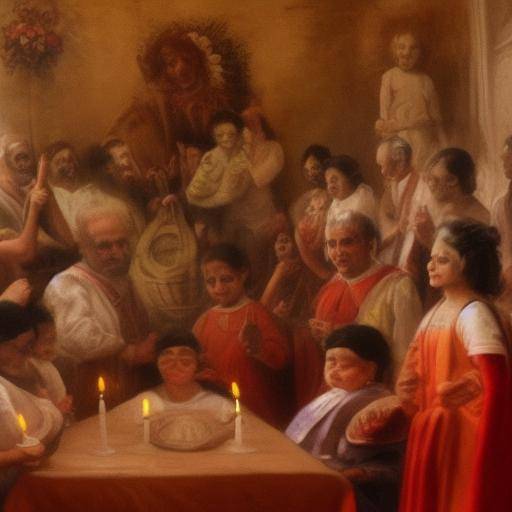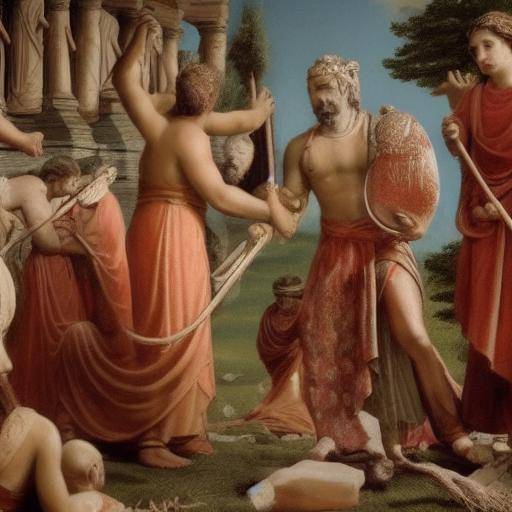
In ancient Greek mythology, fertility rituals played a crucial role in the lives of communities. These rituals were rooted in beliefs and practices dating back centuries, and their influence extended to all aspects of Greek life, from agriculture to human reproduction. In this article, we will explore in detail the ancient rituals of fertility in Greek mythology, its history, meanings and its relevance today.
Introduction
Fertility rituals, present in cultures around the world, are ceremonies and practices aimed at invoking abundance and productivity in nature and human life. In the case of Greek mythology, these practices were closely linked to the divinities and religious beliefs that governed the life of the ancient Greeks.
Throughout this article, we will explore the history of these rituals, from their remote origins to their evolution over time, and examine in detail their influence on Greek society and culture.
History and Background
The rituals of fertility in Greek mythology had their roots in ancient beliefs and traditions that revolved around the veneration of gods and goddess associated with fertility, agriculture and nature. The practice of performing rituals to ensure the fertility of the fields, livestock and women was fundamental to the well-being and prosperity of the Greek communities.
The worship of deities such as Demeter, the goddess of agriculture, and Dionisio, the god of wine and fertility, constituted the core of many of these rituals. During festivals such as the Dionysians and the Thesmophorias, ceremonies were held in honor of these divinities, including dances, songs, offerings and sacred rituals.
These rituals were closely linked to the seasons of the year and the natural cycles, as the prosperity of the crops and the health of the livestock depended on the fertility of the land and the favor of the deities. Furthermore, it was believed that the fertility of the earth was interconnected with human fertility, and many rituals aimed at ensuring the birth of healthy and strong children.
Analysis in Deep
In Greek society, fertility rituals were considered fundamental to general well-being and harmony. Success in agriculture, reproduction and upbringing of children was thought to be directly related to the favour of divinities. In addition, these rituals played a social role in strengthening community ties and providing a sense of belonging and shared purpose.
Despite the importance of these rituals, their realization did not lack challenges and controversies. Some fertility rituals were surrounded by secrets and mysterious traditions, and their execution required deep knowledge of religious codes and strict observance of prescribed rituals. In addition, participation in these rituals was not free of risk, as failure to comply with established standards could entail serious consequences for both the individual and the community.
Exhaustive examination
As Greek society evolved, fertility rituals also experienced significant changes. Over time, these practices acquired new interpretations and adaptations, reflecting the evolution of religious beliefs and the influence of other cultures in the Greek world.
The practice of fertility rituals was not limited only to the religious sphere, but had implications for many aspects of everyday life. From organizing public festivals and ceremonies to performing domestic rituals and divination practices, fertility rituals were an integral part of Greek life in all its dimensions.
Anal Trends and Predictions Futures
Although fertility rituals in Greek mythology belong to a distant past, their influence persists in collective consciousness and remains the subject of study and interest at present. With the resurgence of interest in ancestral traditions and practices, a renewed interest has been observed in understanding and reinterpreting fertility rituals from a contemporary perspective.
Scholars and experts in Greek mythology continue to explore and unravel the mysteries behind these rituals, analyzing their importance in the cultural and social context of ancient Greece. The relevance of fertility rituals in Greek mythology is also expected to remain an issue of interest in academic and anthropological research in the years ahead.
Conclusion
Ancient fertility rituals in Greek mythology represent a fascinating legacy of beliefs and practices that have left a lasting mark on the history of humanity. Through the veneration of divinities such as Demeter and Dionysius, the Greeks honored the fertility of the earth, nature and life itself, establishing a deep bond between the divine and the human.
At present, the understanding of these rituals sheds light on the complex network of beliefs, values and practices that formed the social fabric of ancient Greece, and remains the object of fascination and inspiration for the exploration of the human condition in its relation to the earth and the cosmos.
Frequently asked questions
- What was the main purpose of fertility rituals in Greek mythology?
Fertility rituals in Greek mythology were intended primarily to invoke abundance and productivity in nature, ensuring the favor of divinities to ensure success in agriculture, human reproduction and livestock breeding.
- What divinities were closely associated with fertility rituals?
Within Greek mythology, divinities such as Deméter, the goddess of agriculture, and Dionisio, the god of fertility and wine, were venerated through fertility rituals, reflecting the importance of these aspects in everyday life and Greek cosmovision.
- How did fertility rituals evolve over time?
Fertility rituals experienced significant changes as Greek society evolved, adapting to new interpretations and reflecting external influences. Despite its antiquity, its relevance remains the subject of study and interest at present.
- What was the social impact of fertility rituals in ancient Greece?
These rituals played a fundamental role in the social cohesion and sense of identity of the Greek community, while strengthening ties between individuals and conferring a shared purpose around the veneration of divinities associated with fertility.
- How did fertility rituals relate to the everyday life of the Greeks?
Beyond its religious dimension, fertility rituals permeated different aspects of everyday life, from organizing public festivals and ceremonies to domestic practices and divination, reflecting its integral importance in Greek society.
- What is the current relevance of fertility rituals in Greek mythology?
Despite belonging to antiquity, these rituals remain a subject of interest in academic and anthropological research, offering a window to the understanding of the complexity of the beliefs and practices that formed ancient Greece.
In short, the ancient rituals of fertility in Greek mythology constitute a fascinating cultural legacy that projects a revealing light on the relationship between humanity and the forces of nature, offering an invaluable testimony of the Greek cosmovision and its deep connection to the earth, fertility and divinity.
With this detailed look at the rituals of fertility in Greek mythology, it is possible to appreciate its profound influence on the fundamental aspects of the life of ancient Greece. These rituals not only represented religious practices, but also a way of understanding and relating to the natural world, the fertility of the earth and the mystery of life itself. His legacy endures as a testimony to the complexity and beauty of beliefs and practices that have shaped the history of humanity.


